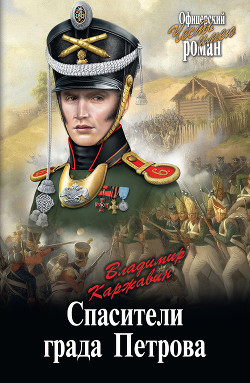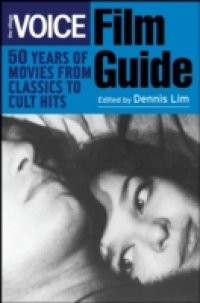Investigations into how the brain actually works have led to remarkable discoveries of late, and these findings carry profound implications for interpreting literature. John Donne's probing insights, expressed in his unique Metaphysical style, make his amorous verse a ripe subject for cognitive analysis. This study applies recent breakthroughs from neuroscience and evolutionary psychology in order to deepen our understanding of Songs and Sonnets. By applying findings from neurolinguistics to Donne's work, Michael Winkleman presents a test case for the cognitive interpretation of verse and, more broadly, advances the case of New Humanism.



 1 (1)
1 (1) 











